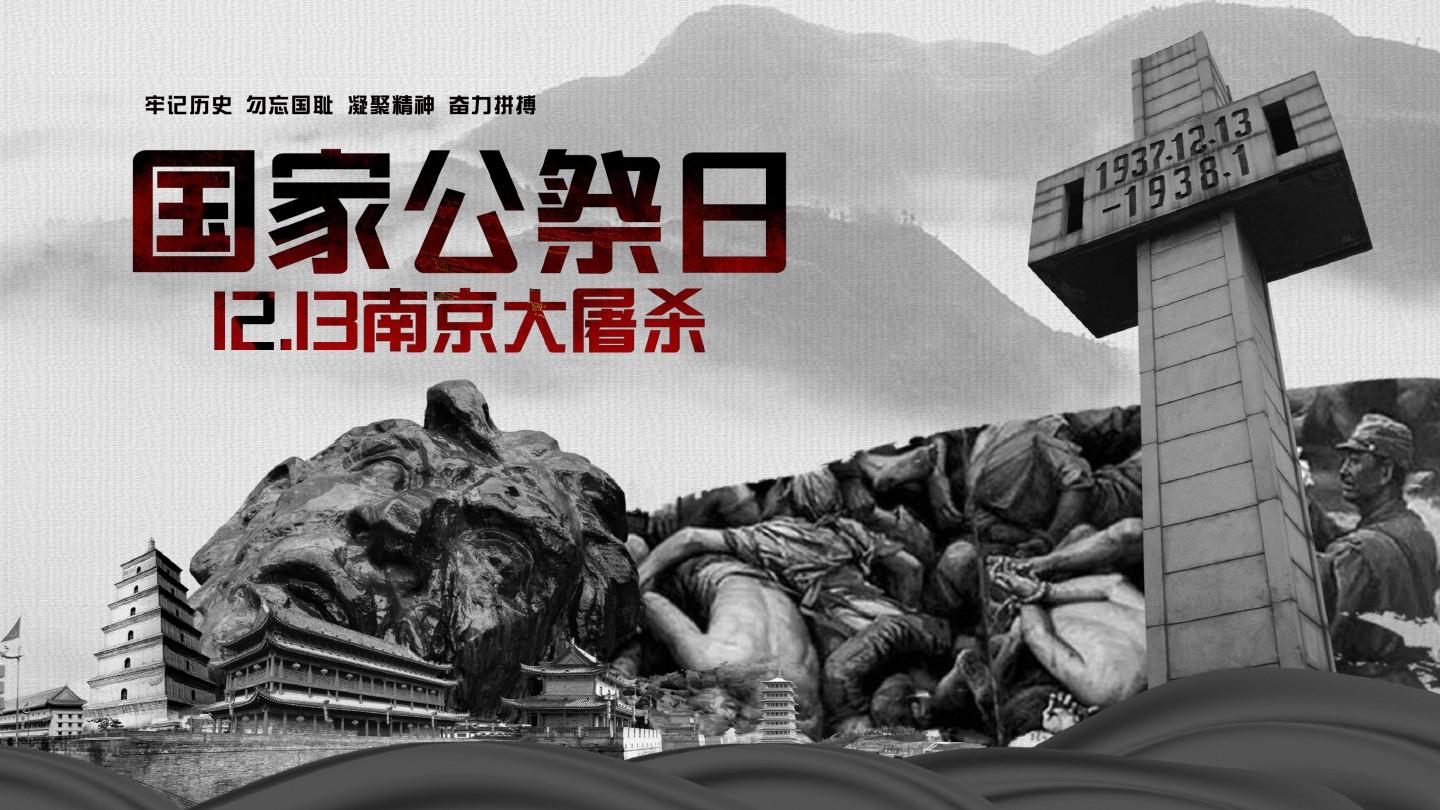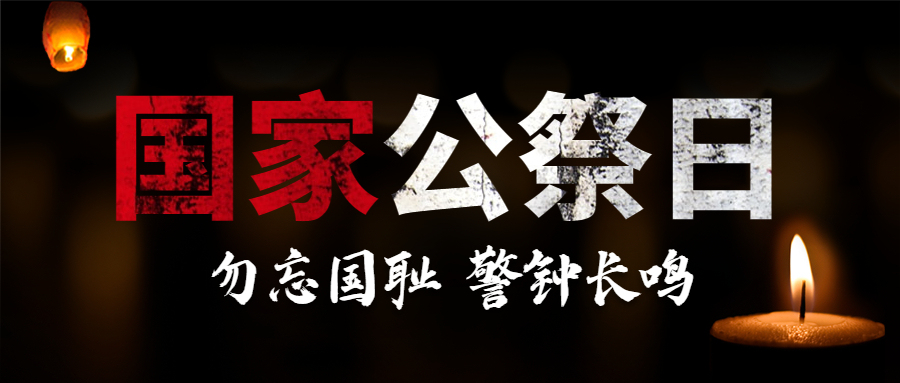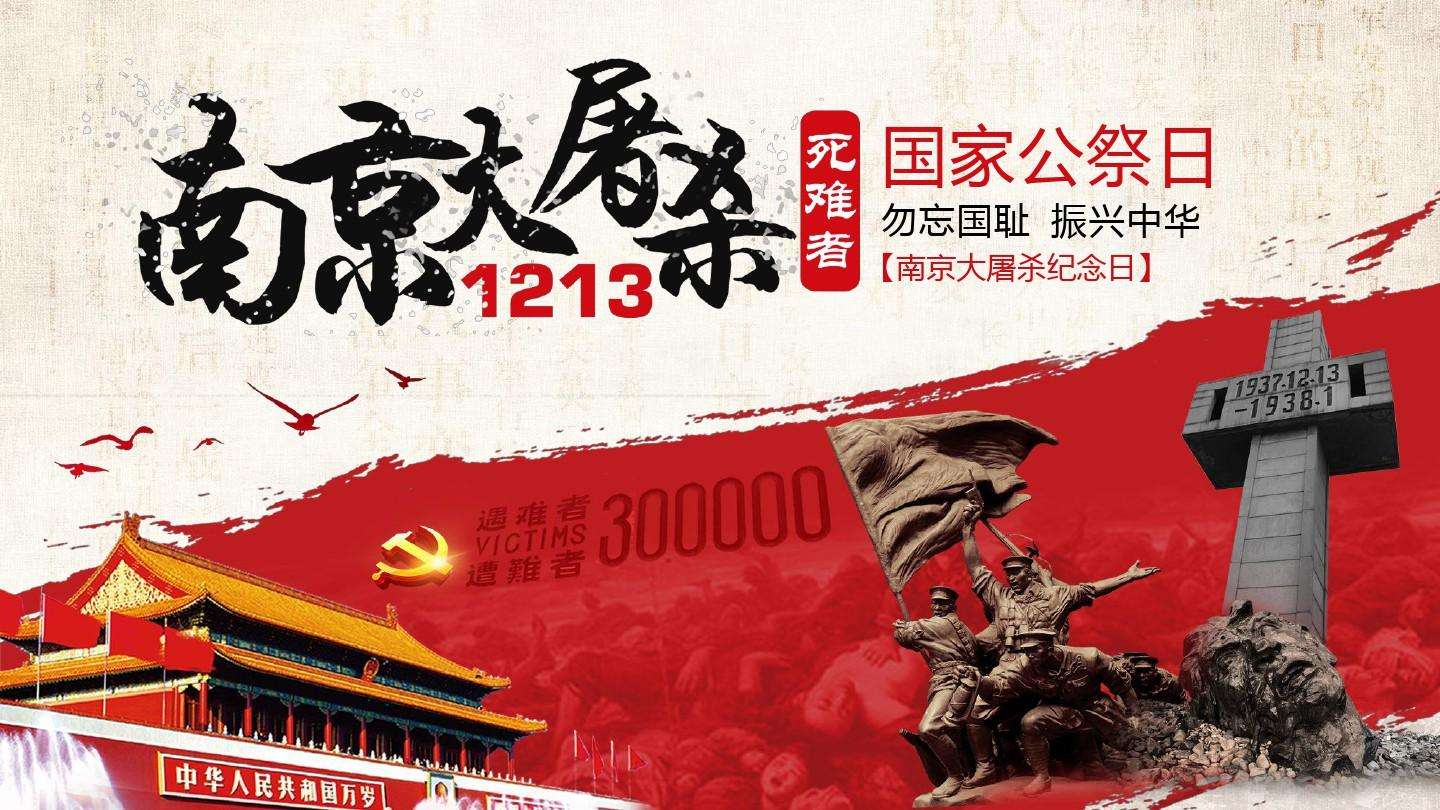National Memorial Day-Historical pain moves forwa
In the cold years, on the day of the national public sacrifice, in the name of the country, remember the dead and cherish the memory of the heroic spirits. The ancient city of Nanjing, traversing the vicissitudes of history, has experienced a ritual that has never been seen in history. On the morning of the 13th, the party and state leaders attended the national memorial ceremony held at the Memorial Hall of the Victims of the Nanjing Massacre by Japanese Invaders.
This is not a fermentation of national sentiment, nor a murmur of historical grievances, but rather the weight of legislation, the dignity of sacrifice and the military, and the presentation of major issues of the country.
If the remembrance is because of memories that cannot be forgotten, then the public sacrifice comes from the pain that cannot be erased. The history goes back to December 13, 77 years ago. From December 13, 1937 to January 1938, Japanese troops broke into Nanjing City and carried out a tragic mass murder of my unarmed compatriots for six weeks. The cruelty of the atrocities and the grief of the catastrophe, just as in the Far East International Military Tribunal, when the judge asked the American history professor Bedes to estimate the number of massacres, he said with trepidation: “The Nanjing Massacre involved such a wide range. No one can describe it completely.”
The Nanjing Massacre is not a catastrophe for a city, but a catastrophe for a nation. It is an unforgettable pain in the depths of the Chinese nation’s history. There is no historical scene that can be ignored, and there is no alternative rhetoric that can be swayed. From this point of view, turning the family sorrow and the city sorrow into a national sorrow is a deep memory of a profound disaster, a resolute defense of national dignity, and an expression of human peace. Such a national narrative posture is not only the inheritance and judgment of history, but also the expression and firmness of reality.
Of course, this is not just a country that uses the historical pain points of the nation to convey the awakening of national memory and express its posture to the international order. Just as memorials are for a better start, public sacrifices are for forging ahead in the pain of history. Whoever forgets history will get sick in the soul. For a person whose soul is sick because of forgetting history, it is difficult to explore the path of growth in the linear evolution of history. This is also true for a country. Carrying the pain in historical memory is not to stimulate and cultivate hatred, but to move forward firmly in the awe of history, toward a positive goal.
The pain of history is concrete and real, just because the people who bear it are concrete and real individuals. In this regard, the subject who forges ahead in the pain of history is every citizen of a country. And this is actually the emotional expression that the National Commemorative Day will shed. The drink sacrifice in the form of the National Commemorative Day shows that the abstract country has been personified, and the country’s will, beliefs and emotions are blending with ordinary human sentiments. This also reminds each of us that we can transcend individuals, families and small circles, as well as the emotions of blood, social circles, and rural areas. We are a whole, we are in grief together, and it is our common responsibility and obligation to avoid the recurrence of historical tragedies.
No one can stay outside of history, no one can transcend history, and no one can be excluded from “us”. This person can be a historical digger who keeps adding names for the civil wailing wall, or a sweeper who wipes away the dust of the monument; this person can be a caller for bringing the National Memorial Day into the country’s vision, or it can be A passerby in silence on the National Memorial Day; this person can be a legal worker who protects the human rights of comfort women, or a volunteer who tells the history in the memorial hall. Everyone who has continuously condensed and inspired the national spirit, cultivated and precipitated the civic temperament in the pain of history, is an active contributor to the advancement of the country and the realization of national prosperity, and is a historical experience and insight worthy of appreciation.
Post time: Dec-13-2021



